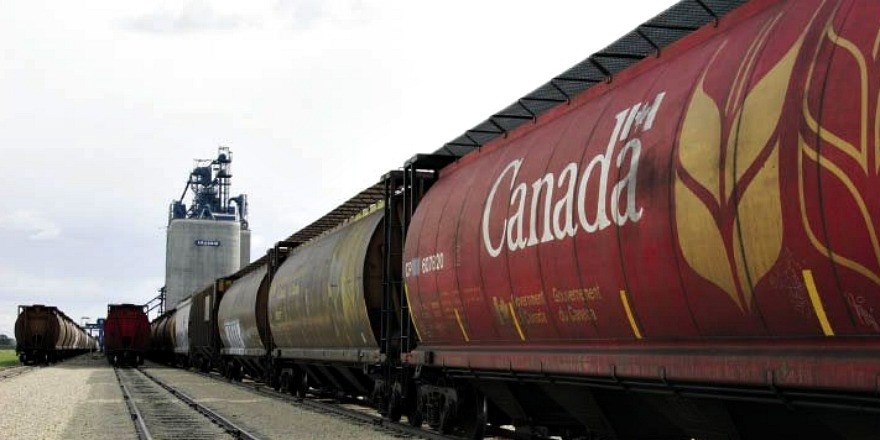After a series of twists and turns, Canadian rail service is back on track Monday morning.
The Canada Industrial Relations Board issued a ruling late Saturday afternoon, indicating it could not go against a request from the federal labor minister to impose binding arbitration and end a three-day old disruption in rail service. This was the first time that CN and CPKC were off the job at the same time, tying up national rail traffic.
Labour Minister Steven MacKinnon spoke to reporters at the Liberal Cabinet retreat in Halifax Sunday, saying that ordering binding arbitration was a move that helps workers across the country.
"(In) fact, it's harder to remember a decision that was made more in the interest of Canadian workers when you think of shutdowns and potash mines, when you think of car plants running out of inventory, when you think of forestry and aluminium operations all over the country, not having the storage required, needing to ship that product," MacKinnon said, adding that about a third of what goes on rail beds goes to the United States, and that is a major economic consequence.
The Teamsters Canada Rail Conference was very disappointed with the CIRB decision.
"The federal government has essentially sent the message that Corporate Canada - all they need to do is shutdown their operations for a few hours and the federal government will swoop in to save them and to break a union," said Teamsters spokesperson Christopher Monette during an interview with CTV News shortly after the CIRB decision. Monette also said the decision will have negative implications on any federally regulated worker, saying they have lost bargaining power, such as the ability to negotiate higher wages and better working conditions. The TCRC indicated it will appeal the CIRB decision.
The move to binding arbitration was welcomed by the railways, business groups and farmers. Daryl Fransoo with the Wheat Growers Association says it underlines the need to have railways declared an essential service.
"As an exporting nation, it is absolutely an essential service and I think we have to revisit that or there has to be some rules and regulations or legislation that is put in place that this just can't happen. We've had upwards of a dozen strikes or work stoppages to the supply chain in the last ten years or so, that's ridiculous for our nation." Fransoo said.
Jake Leguee, the Chair of SaskWheat, acknowledges the union is doing what's best for its members but says "we're in a situation where we're continually being negatively impacted by negotiations between the railways and the unions. These are disputes that are happening between two parties that affects everyone…and there's nothing any of us can do about it." Leguee adds making the railways an essential service is one step in the right direction to ensure work stoppages don't happen as frequently.
CPKC says it could take up to three months until rail traffic returns to normal levels.
The Moody's credit rating agency believes the work stoppage may have cost the Canadian economy about 341 million dollars a day, heavily affecting the agriculture, forestry, and manufacturing sectors. Agricultural groups estimate it cost grain farmers between 43 and 50 million dollars per day.



